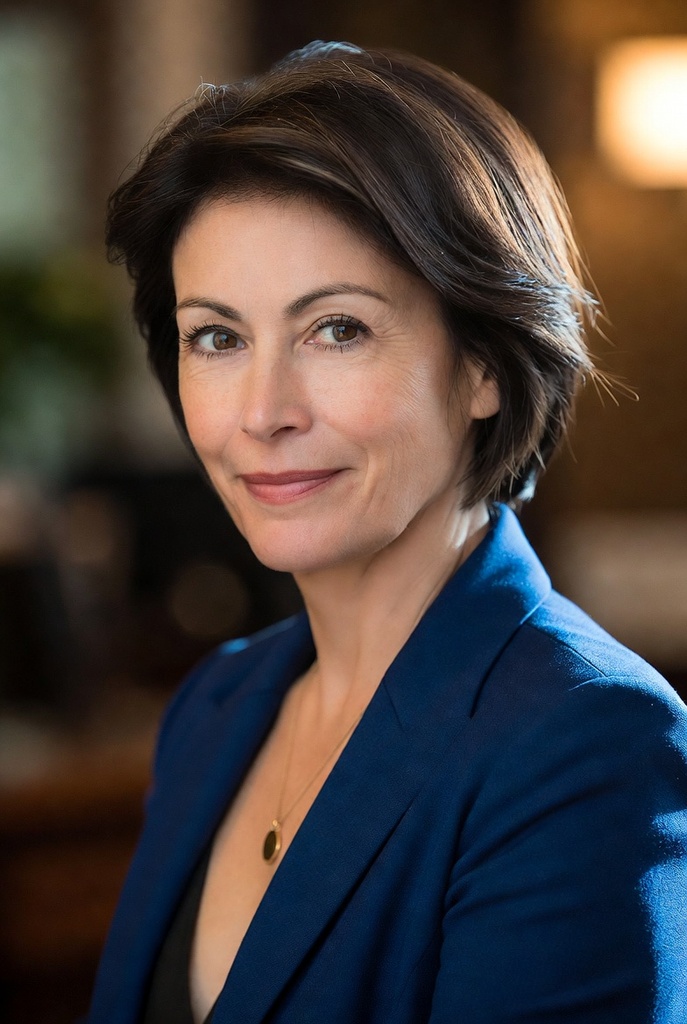In a significant development for European drug policy, the European Union Drugs Agency (EUDA) has officially begun operations in Lisbon, Portugal.
This new agency replaces the European Monitoring Centre for Drugs and Drug Addiction (EMCDDA), marking a shift in the EU’s approach to drug-related challenges. Complementing this development, Germany has taken a crucial step in strengthening its fight against drug trafficking by joining the Maritime Analysis and Operations Centre – Narcotics (MAOC-N).
EUDA Goals and Mandate
The EUDA aims to be the primary source of drug-related expertise in Europe. Its core objectives include:
- Providing factual, objective, and comparable information on drugs and drug addiction
- Monitoring emerging trends, especially in polydrug use
- Offering insights on best practices across EU member states
- Developing EU-level prevention and awareness campaigns
- Issuing alerts about dangerous substances in the European market
- Addressing poly-substance use
Germany Joins MAOC-N
On July 1, 2024, Germany officially became a member of MAOC-N, an international coordination center focused on combating drug trafficking across the Atlantic and Mediterranean[1]. This move significantly enhances Germany’s capabilities in the fight against organized crime and drug trafficking.
Key points about Germany’s MAOC-N membership:
- MAOC-N, established in 2007, is an EU-funded project that coordinates maritime and aviation operations to combat drug trafficking.
- The center is based in Lisbon and now includes eight member states: France, Ireland, Italy, Spain, the Netherlands, Portugal, the United Kingdom, and Germany.
- Germany’s Federal Criminal Police Office (BKA) will represent the country at MAOC-N.
- This membership allows Germany to participate more effectively in international operations against drug trafficking.
Enhanced Approach to Drug Control
With the establishment of EUDA and Germany’s MAOC-N membership, the EU’s approach to drug control is becoming more comprehensive:
- Improved data collection and analysis through EUDA
- Enhanced international cooperation, particularly in maritime drug trafficking operations
- Faster response to emerging drug threats through improved monitoring and alert systems
- Better coordination between member states in tackling cross-border drug issues
European Union Drugs Agency (EUDA) – Will It Make a Difference?
The combination of EUDA’s expanded mandate and Germany’s participation in MAOC-N suggests a potentially more effective approach to drug policy and response in Europe:
Potential Positives:
- Improved data collection and analysis could lead to more informed policy decisions
- Enhanced international cooperation may help address cross-border drug issues more effectively
- Germany’s involvement in MAOC-N could lead to more successful interceptions of drug shipments
Potential Challenges:
- The success of these initiatives will depend on consistent cooperation from all member states
- Translating data and operational successes into effective policy changes at national levels may be challenging
- The complex and ever-evolving nature of drug markets and trafficking routes will continue to pose difficulties
As these new initiatives take shape, stakeholders across Europe will be watching closely to see if this enhanced approach can indeed make a significant difference in addressing the complex challenges posed by drugs and illicit trade in the EU.
More information on euda.
More information on drugs and illicit trade can be found here.


